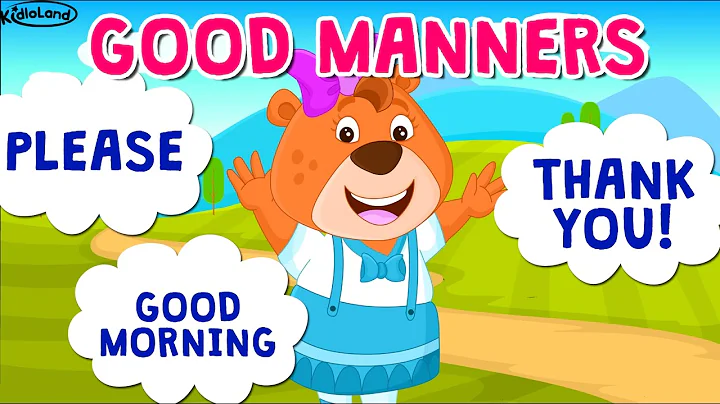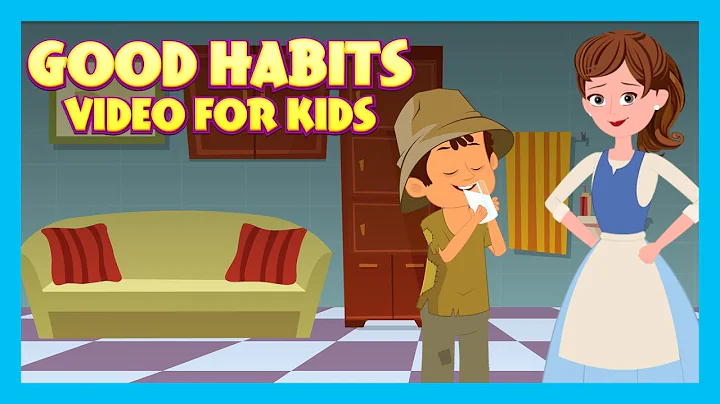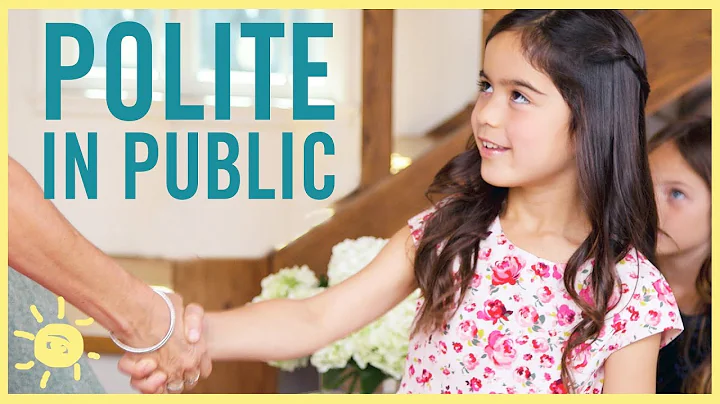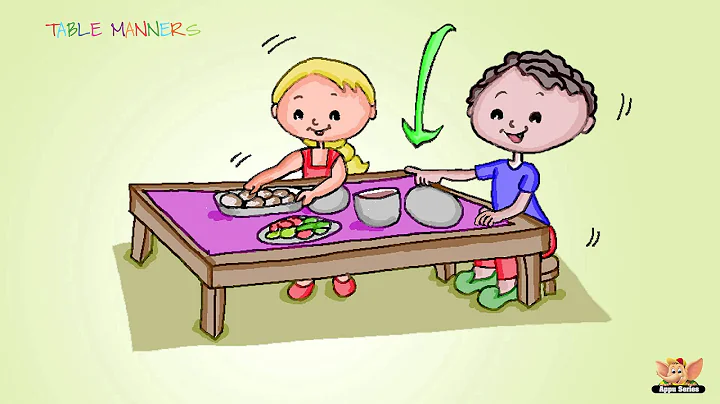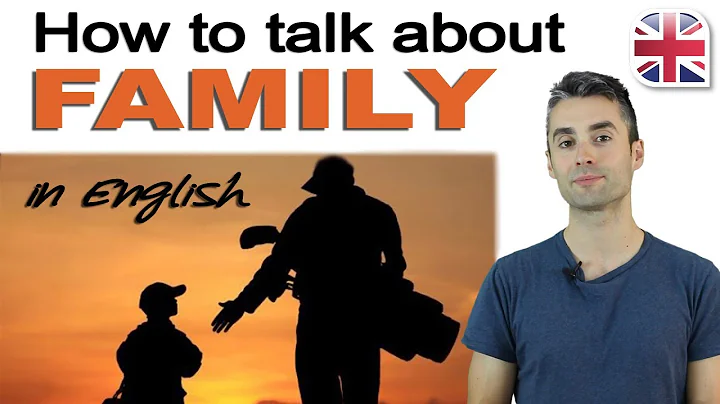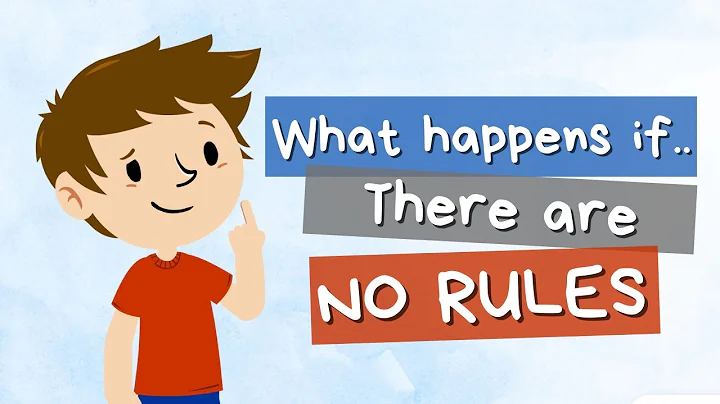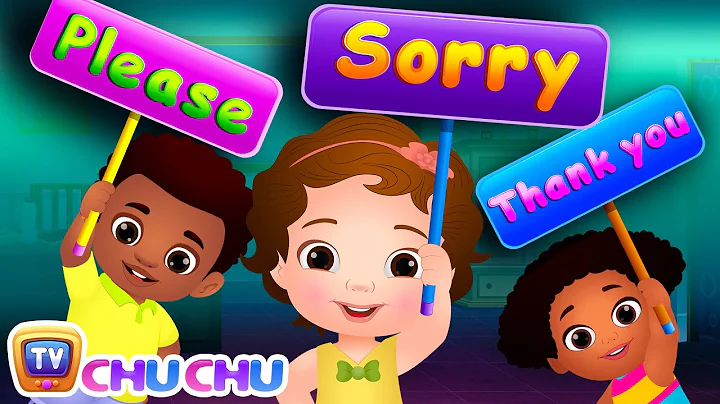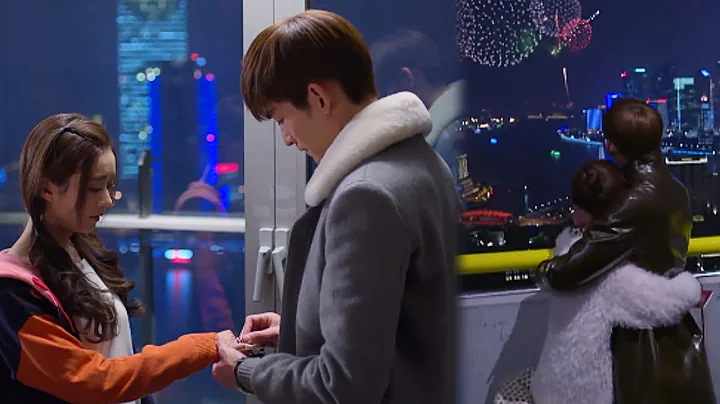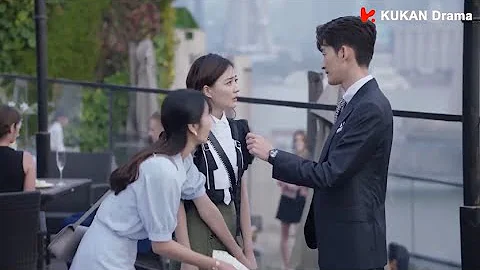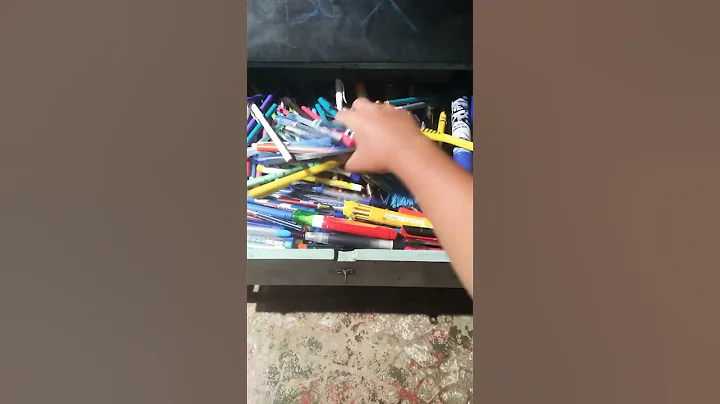Introduction : Teaching children to be polite is a very important content in family education. Some parents even think that being polite is a sign of being well-educated. Therefore, in life, people often see parents urging their children to take the initiative to say hello , and to "call them first" when they see an acquaintance.

But having said that, if children are "forced" to be polite by their parents, then this forced Chinese-style politeness education seems to have changed. Being polite is a good thing, but it is indeed inappropriate for parents to "press their heads" to be polite .
Colleague Xiao Li has a very bad relationship with his parents. Even on annual leave, he rarely goes home. Some older colleagues couldn't stand it, so they would advise Xiao Li to "care more about his family and go home more often."
Xiao Li often nodded in agreement to everyone's well-intentioned advice , but privately, his alienation from his parents did not diminish at all.

There was a department dinner. Xiao Li, who was drunk, complained to everyone and complained , "Actually, I also want to go home, but my parents really suffocated me.
My parents forced me when I was very young. When I say hello to people, I sometimes feel embarrassed to say out of shyness. My parents will criticize me in public. They say I am uneducated. During the holidays, many relatives came home. My parents forced me to say hello to everyone. When I got a little older, they asked me to toast to everyone. Even the toast words were very particular. If I didn’t speak well, , they would mock me at the dinner table."
"I really hate these false politeness , and I also hate my parents . Now that I have grown up, I think about people when I meet them. I say hello when I say hello, and I pretend not to notice if I don’t want to say hello, but the pleasing personality I formed because my parents forced me to say hello makes me unable to indulge myself."

"I would feel guilty because did not take the initiative to say hello . I would feel guilty because did not consider others specially, and I would not be able to sleep because of 's inappropriate verbal expression.
I don't want to live so tired, but the psychological shadow of my childhood made me have to again and again. Hide your true feelings ."
Xiao Li said a long paragraph in one breath, and colleagues didn't know how to continue for a while. At this time, a colleague who became a father said, "If your parents knew that they made you so unhappy just because of some hypocritical politeness or their own face, they would definitely regret it . Being a parent It is also a matter of conscience, forcing children to be polite is worthless ."
It is not necessary to say hello to everyone
In Chinese families, parents place great expectations on their children , and they hope that they will The education given to children is the perfect . Therefore, while educating their children, they especially hope to get more feedback from the environment, especially "good reviews" from others.

Chinese politeness is not limited to active greetings, but they will have a common feature, that is, they will receive "praise" from the other party.
Chinese politeness allows parents to be recognized for their discipline, and the sentence "educated" allows parents to receive positive feedback for their efforts in education.

In addition, as their children grow up, parents increasingly hope to find a sense of educational authority in their children.
Obviously forcing children to take the initiative to say hello is a kind of parents' "strong output" in education. Parents stand on the moral high ground and ignore their children's inner thoughts and emotional needs in the hope of enhancing their own sense of authority. Gain more conviction and respect from children .
What is the impact of "Chinese politeness" on children's physical and mental development?
Being forced to be polite will put a lot of pressure on children's minds, which may even affect their views and cognition of social interactions. Especially for children who have had related unpleasant experiences, the social threshold for them is undoubtedly much higher. It can be said that children who are forced to say hello are more likely to become "social phobia" and resist social interaction.

When children have their own ideas and opinions, parents' pressure will make them feel very uncomfortable. Being forced to say hello is likely to be the trigger for their rebellious mentality to rebel against their parents.
Parents' teachings are despised and hostile by under pressure, and the children's future growth is likely to proceed in the opposite direction of what their parents expect.
"Chinese politeness" will also become an inducement for parent-child alienation . From the parents' point of view, it is always right to be polite, but as far as the children are concerned, the forced politeness is full of adult hypocrisy and sophistication, and this also makes them more "disapproved" of their parents.
Under the influence of such "contempt" mentality , the image of parents in the minds of their children is greatly reduced.
To be truly polite, parents must grasp the methods and standards.
First: Parents must know how to lead by example.
In the process of teaching children to be polite, the best way to teach them is to moisten things quietly . If parents can set good behavioral examples for their children in life, then under the influence of the adult role model, many etiquette and etiquette will naturally be imitated and learned by the children.

With parents leading by example, children will have a deeper understanding of polite , and at the same time they will be more convinced of their parents' teachings.
Second: Let children understand the true meaning behind politeness
Being polite is not just a formality. The true meaning of politeness is actually understanding respecting others.
Therefore, children who do not know how to respect others cannot be truly polite, while children who truly know how to respect others will spontaneously behave politely.
When parents urge their children to develop the habit of being polite, they should let their children understand that respecting others means respecting themselves .

Third: Don’t “put a hat on” your children easily
Each child’s personality is different . Some children are mature on their own, and some are a little slow to warm up. Parents cannot give children just because they don’t say hello for a while. The child is labeled "rude".
Parents must have a certain degree of empathy for their children, and it is easiest to see results if they are guided appropriately. Chinese politeness is necessary, but it should be a voluntary behavior from the heart of the child.
Conclusion:
Parents do not need to use their children's performance to give themselves face. A truly healthy family education is based on equality, and the authority of parents cannot be established by force or force.
(The picture in this article comes from the Internet, if there is any infringement, please contact us to delete it)
